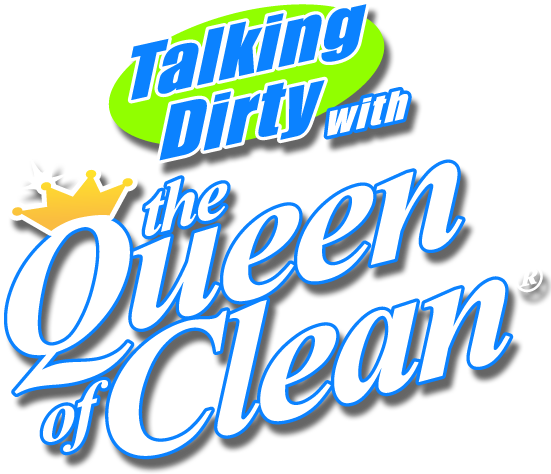CLEANING TIP SEARCH
Find your cleaning solution below
UNIQUE DIY WAYS TO CLEAN GLASS SHOWER DOORS
UNIQUE DIY WAYS TO CLEAN GLASS SHOWER DOORS (Aired “live” on Monday. November 6, 8:20am – Good Morning AZ/3TV Phoenix)
First, the bad news. Hard water and soapy buildup allowed to accumulate on glass shower surfaces can cause etching and permanently damage the glass. If glass shower doors have a cloudy look, this may be the culprit. Cleaning will eliminate buildup, but it will not reverse etching, which is why the best defense is to prevent it from happening by wiping down the shower after each use with either a squeegee or a microfiber cloth.
Shower doors film
Clean them with vinegar, baking soda, and salt. Stubborn mineral buildup on glass shower doors is no competition for a few common household ingredients—white vinegar, baking soda, and salt. Spray vinegar on the door and let it sit for a few minutes. Next, create a mixture of equal amounts of baking soda and salt. Use a damp sponge to rub this paste over the door; then rinse well.
Another cleaning method is to apply Avon Original Skin So Soft Bath Oil to the glass door with a scrubbing sponge. Apply and let sit 15 minutes or so and then rub with a scrubbing sponge for glass. Polish off with a micro fiber cloth.
Make Your Own Daily Shower Spray
Mix together a half-cup of hydrogen peroxide, a half-cup of rubbing alcohol (a natural degreaser), 1 teaspoon liquid dish soap and 1 tablespoon dishwasher rinse aid in a 32-ounce spray bottle. Use an opaque bottle, such as the one peroxide comes in. Exposure to light breaks down hydrogen peroxide.
Next, fill the bottle with water and, after capping, rock the bottle gently back and forth to combine the ingredients without making them foam up. When you finish your shower, lightly wipe it down with a micro fiber cloth. When done, lightly mist the shower with the spray.
Another technique is to repurpose the powdered version of Bar Keepers Friend in the bathroom. To use, wet the glass surface and shake the cleanser onto a nonabrasive sponge, then scrub. Rinse with warm water or vinegar, then squeegee or wipe with a micro fiber cloth.
Long-Term Solutions
Once you’ve achieved a clean, sparkly surface, there are a few things you can do to make it last longer.
The big idea here is that hard water and soap scum won’t build up if they can’t stick to the surface. Several products are designed to wick water away from surfaces, and although they weren’t created for bathroom use, the concept still applies. Rain-X and Water Armour, both found in the automotive department, are marketed for repelling water off windshields, but they can do the same for glass-walled showers.
Spray the product on clean glass (Use care to avoid tile, metal and the shower floor) and reapply every three to four weeks. After treating with this, you may even be able to skip the squeegee.
Soap scum buildup on shower doors.
Use furniture oil to prevent buildup. Cleaning soap scum off a shower door is a tough, time-consuming job. Try using lemon oil furniture polish as a barrier against the scummy buildup. The next time you clean the door, follow up by wiping it with furniture oil on a soft rag. Let the oil sit for two minutes and then polish off the excess with a dry cloth. The furniture polish will leave a slight film of oil that will act as a buffer against future soap scum. Using a shower squeegee (available at discount stores and supermarkets) after every shower will also discourage the buildup.
Ban the Bar Soap
Finally, if you want to significantly reduce the amount of soap scum on glass without eliminating showers, ban the bar soap.
Almost all bar soaps contain talc, which produces the buildup. Consider switching to a non-talc-containing soap (such as Dove or natural soap), or opt for liquid soap instead.

